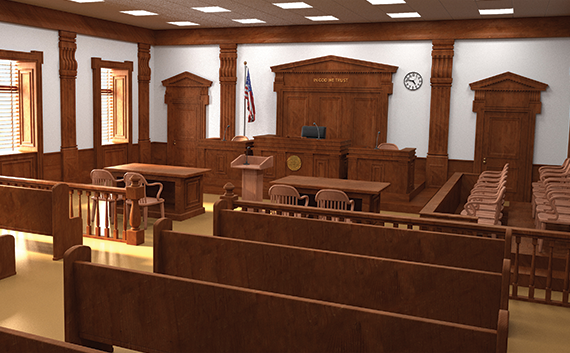DUI is one of the most common offenses charged today. Chances are that you or someone you know has been convicted of a DUI. It is for this reason that many people believe that they don’t need to hire an attorney. Given that many of our counties have pre-determined outcomes given your BAC and the number of your offense; this can be true in many circumstances, but without consulting an experienced lawyer you will not know if your case is one of those circumstances.
Many cases qualify for Accelerated Rehabilitative Disposition. ARD is program whereby you accept a significantly reduced license suspension in exchange for 6 months to two years of probation and court costs. If you successfully complete the ARD program you earn a dismissal of your charges, which can be expunged from your record, save for the fact that it will count as an offense in the event you get another DUI. ARD is generally only available for first or second offenses, so long as there has not been a DUI in the preceding 10 years.
However, there are circumstances that make some cases different and possibly subject to decreased or increased penalties, or even cause someone who thought they would get ARD to be declined the program; and in some cases a DUI should be thrown out altogether. The only way to know if your case is one that falls into one of these categories is to consult with experienced competent counsel, who can give you the advice that you need.
Below is an outline of the various DUI offenses, and their respective penalties upon conviction or acceptance into (ARD).
75 § 3802 (a) General impairment
-
(1) An individual may not drive, operate or be in actual physical control of the movement of a vehicle after imbibing a sufficient amount of alcohol such that the individual is rendered incapable of safely driving, operating or being in actual physical control of the movement of the vehicle.
-
(2) An individual may not drive, operate or be in actual physical control of the movement of a vehicle after imbibing a sufficient amount of alcohol such that the alcohol concentration in the individual’s blood or breath is at least 0.08% but less than 0.10% within two hours after the individual has driven, operated or been in actual physical control of the movement of the vehicle.
-
(b) High rate of alcohol- An individual may not drive, operate or be in actual physical control of the movement of a vehicle after imbibing a sufficient amount of alcohol such that the alcohol concentration in the individual’s blood or breath is at least 0.10% but less than 0.16% within two hours after the individual has driven, operated or been in actual physical control of the movement of the vehicle.
-
(c) Highest rate of alcohol- An individual may not drive, operate or be in actual physical control of the movement of a vehicle after imbibing a sufficient amount of alcohol such that the alcohol concentration in the individual’s blood or breath is 0.16% or higher within two hours after the individual has driven, operated or been in actual physical control of the movement of the vehicle.
-
(d) Controlled substances– An individual may not drive, operate or be in actual physical control of the movement of a vehicle under any of the following circumstances:
-
(1) There is in the individual’s blood any amount of a:
-
(i) Schedule I controlled substances, as defined in the act of April 14, 1972 known as The Controlled substance, Drug, Devise and Cosmetic Act;
-
(ii) Schedule II or Schedule III controlled substance, as defined in The Controlled Substance, Drug, Devise and Cosmetic Act, which has not been medically prescribed for the individual; or
-
(iii) metabolite of a substance under subparagraph (i) or (ii).
-
(2) The individual is under the influence of a drug or combination of drugs to a degree which impairs the individual’s ability to safely drive, operate or be in actual physical control of the movement of the vehicle.
-
(3) The individual is under the combined influence of alcohol and a drug or combination of drugs to a degree which impairs the individual’s ability to safely drive, operate or be in actual physical control of the movement of the vehicle.
-
(4) The individual is under the influence of a solvent or noxious substance in violation of 18 Pa.C.S. § 7303 (relating to sale or illegal use of certain solvents and noxious substances)
75 Pa.C.S.A § 3804 Penalties

